CARBON MANAGEMENT PROCESS OF ITU
1-ENVIRONMENTALLY FRIENDLY FUEL FROM MANURE AND MOSS
Istanbul Technical University (ITU) Environmental Engineering Department Lecturer Prof. Dr. Orhan İnce and his team received a patent certificate and patent registration from the International Spanish Patent Institute with two inventions they made in
the field of 'biomass'.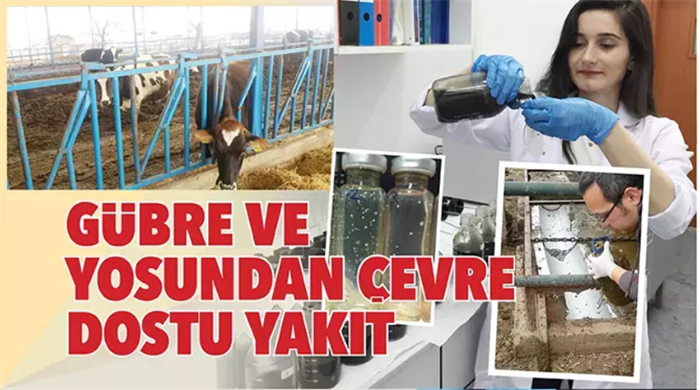
Prof. Dr. Orhan İnce underlined that her inventions titled 'Increasing Biomethane Efficiency in Anaerobic Digesters Using Rumen Fungi' and 'Increasing Biomethane Efficiency Obtained from Microalgae Using Rumen Fungi' will contribute to both the country's economy and the ecosystem.
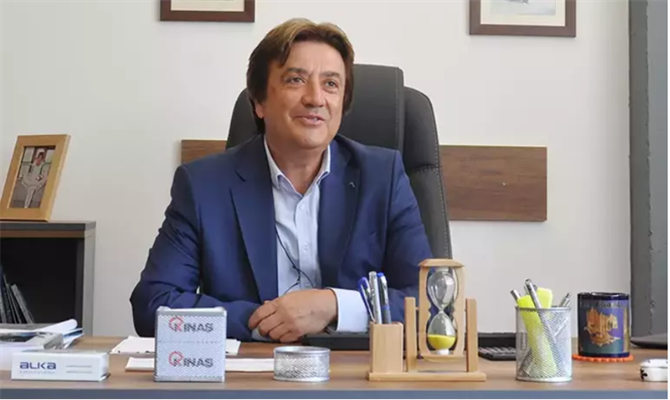
RENEWABLE ENERGY CAN BE PRODUCED
About their invention called 'Increasing Biomethane Efficiency in Anaerobic Digesters Using Rumen Fungi', Prof. Dr. İnce said, "Biomass energy obtained from animal feces can be used for domestic, commercial and industrial purposes.
Biomass energy can be used as a heat source in small businesses and as a power plant in large-scale businesses. "In this way, clean and environmentally friendly renewable energy can be produced and the problem of storing animal waste encountered in agriculture and animal husbandry can be solved," he said. Although the study brings to mind the dung heating method traditionally used in Anatolia, Prof. İnce stated that this is a different method that does not cause environmental problems while heating. Stating that they completed the patented studies with a team of 4 people and that the team included 2 faculty members, 1 doctoral student and 1 master's student, Prof. Dr. İnce said that approximately 200 million tons of animal waste is produced in our country every year and said: “These 200 million tons of waste are ultimately waste, even if they are of animal origin. Additionally, these wastes have economic value. In addition, these wastes contain carbon, nitrogen and phosphorus that can cause ecological damage. It is much more meaningful to bring them into the economy rather than destroying them. Over the last 20 years, western countries have developed and implemented many patented technologies on issues such as recycling waste and bacteria in water and converting it into energy, instead of purifying water. Thus, they contributed to both the economy and ecology. In this way, the importance of biogas facilities in the world has increased. Because it is possible to convert waste into energy biologically.
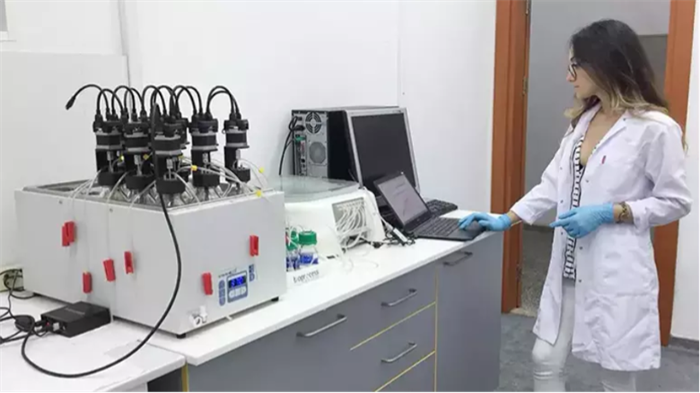
2- HYDROGEN AND GAS TURBINES SEMINAR
Hydrogen and Gas Turbines
History and fundamentals of hydrogen combustion in gas turbines for aircraft propulsion and electric power generation. What is real and what is hype?
S. Can Gülen, Bechtel Fellow, ASME Fellow
Date and Time: 21 September 2022-14:00-16:00 Place: Mavi Salon (Faculty of Mechanical Engineering-Gumussuyu)
Youtube Live Stream Link: rtmp://a.rtmp.youtube.com/live2
In this presentation, we will take a deep look at hydrogen and its use as a gas turbine fuel, starting with its history. As will be shown, using hydrogen as a fuel, in one way or another, goes as far back as Goldsworthy Gurney and his “blowpipe” and “ammonia engine”. Thereafter, we will follow with an introduction to the combustion of hydrogen, the practical problems it presents in modern Dry Low NOx (DLN) combustors, and the current status of the technology. There are several methods of manufacturing hydrogen from water or from a hydrocarbon feedstock such as natural gas. They will be introduced with a brief description and outlining of the challenges. The presentation will conclude with numerical evaluations of what can realistically be expected from the hydrogen, in any “color” as a gas turbine fuel.
Dr. John Gülen is currently Senior Principal Engineer and Bechtel Fellow (elected in 2018) in Bechtel Infrastructure & Power, Inc., Reston, VA. Since 2012, Dr. Gülen has been active in supporting Bechtel for new technology assessment (e.g., supercritical CO2, concentrated solar power (CSP), carbon capture and energy storage), steam/gas turbine technical assessment for power plant and other turbomachinery projects (performance, operability, and risk analysis). Prior to Bechtel, Dr. Gülen worked in General Electric (2000-2012) in various roles and contributed to the successful design, operation, analysis and testing of landmark power system projects including the steam-cooled H-System (Baglan Bay 109H in 2003) and IGCC 207FB (Duke Edwardsport in 2006). Before joining GE, Dr. Gülen worked in Thermoflow, Inc. (1996-2000) as developer of world-class power plant simulation software products. In ESPC, Inc. in 1994-96, Dr. Gülen worked on the data analysis of the 110 MWe Compressed-Air Energy Storage (CAES) plant in McIntosh, AL,. Dr. Gülen has been an internationally recognized expert in cutting edge gas/steam turbine power plant technology with more than 25 years of experience. He was invited by the National Academy of Engineering (USA) to participate on drafting a report on gas turbine technology (2018). He recently participated as an invited panelist in the review of US DOE’s STEP Project ($112 million), a 10 MW sCO2 pilot plant (in San Antonio, TX). Dr. Gülen is frequently invited to review archival papers submitted for publication to top journals, e.g., ASME J. Eng. for GTs & Power.
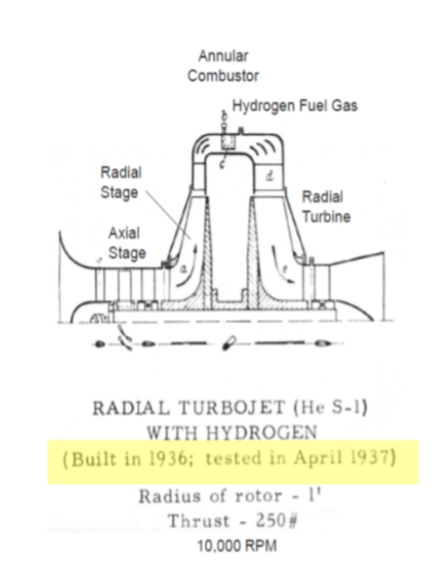
3- EFFICIENT COMPACT MODULAR THERMAL ENERGY STORAGE SYSTEM – ECHO” PROJECT
“Efficient Compact Modular Thermal Energy Storage System – ECHO” project has been accepted by the HORIZON Europe Framework Programme for “CL5-2022-D3-01: Sustainable, Secure and Competitive Energy Supply” project call of year 2022. The ITU coordinator is Assoc. Prof. Dr. Ahmet Alper AYDIN from our faculty at the Department of Chemical Engineering. The total project budget is 7.1 million Euro and ITU share is 303.816 Euro for 4 years. The technology readiness level (TRL) is 6-7 and 17 international partners are involved in the project.
Assoc. Prof. Dr. Alper SARIOĞLAN (Chemical Engineering Department), Assoc. Prof. Dr. Didem SALOĞLU DERTLİ (Disaster Management Institute) and M.Sc. Halil DERTLİ (Chemical Engineering Department) will participate and Master/PhD students will be employed in the project.
ECHO will develop and demonstrate a new plug&play, complete, sustainable, flexible, modular, digitally controlled and competitive system exploiting thermal energy storage. The excellence of ECHO lies in demonstrating that the combination of advanced storage materials with innovative reactors and batch storages, together with advanced digital control, provides long lasting thermal energy storage, with an important load shifting by means of the energy conversion and storage, both for heating and cooling demand. ECHO results will be an innovative, compact and smart TES solution, based on the use and optimization of thermochemical materials (TCMs), combined with phase change materials (PCMs).
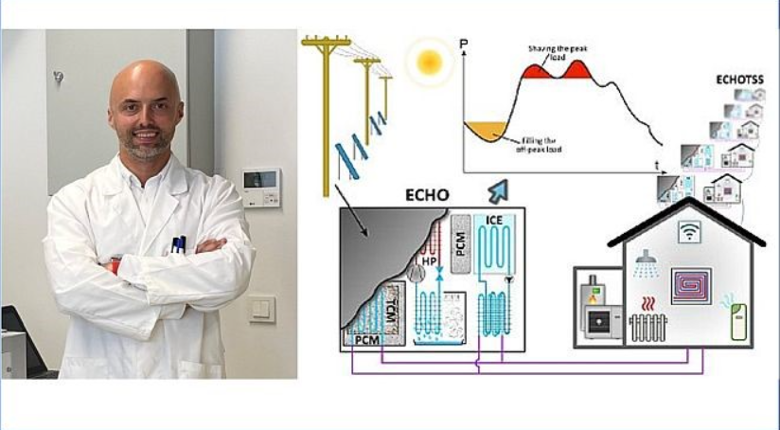
Reference 1: https://www.hurriyet.com.tr/egitim/gubre-ve-yosundan-cevre-dostu-yakit-42123511
Reference 2: https://mkn.itu.edu.tr/en/newsdetail/2022/09/08/seminar-hydrogen-and-gas-turbines
Reference 3: https://kmg.itu.edu.tr/en/news-detail/2022/08/09/horizon-europe-2022-project-support-to-our-faculty-member-assoc.-prof.-dr.-ahmet-alper-ayd%C4%B1n